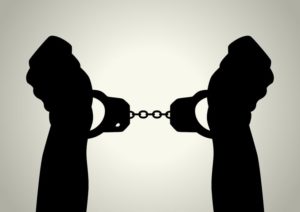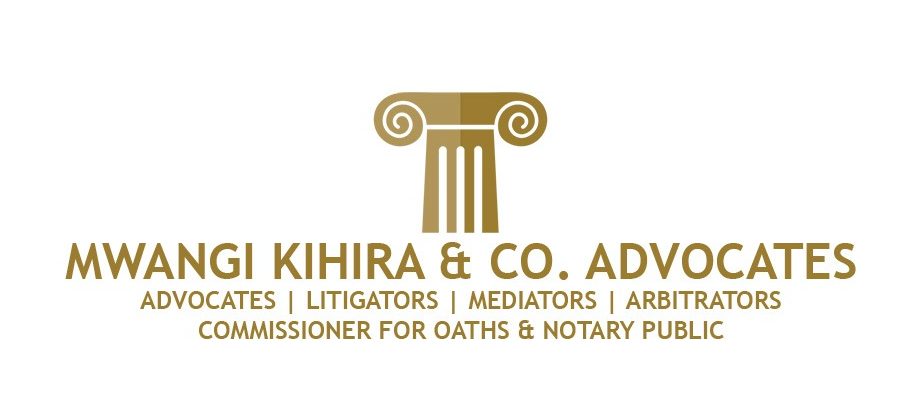

Blacks Law Dictionary defines arrest to mean “A seizure or forcible restraint. The taking or keeping of a person in custody by legal authority, especially in response to a criminal charge…. the apprehension of someone for the purpose of securing the administration of the law, especially of bringing that person before a court.”
Rights of arrested persons
Article 49 (1) of the Constitution of Kenya 2010 provides for the rights of arrested persons to be:- The right to
(a) be informed promptly, in language that the person understands, of—
(i) the reason for the arrest;
(ii) the right to remain silent; and
(iii) the consequences of not remaining silent
Other rights of accused persons as encapsulated in Article 49 are the right to bail, right to remain silent, and a right to an advocate etc.
How is an arrest made?
Section 21 of the Criminal Procedure Code provides that
Types of arrest
There are two types of arrest:-
Arrest with warrant
This is an arrest made with an authority by Court.
Arrest without warrant
This is the most common type of arrest. It is made without an authority by a Court. Police officers are mandated to maintain law and order and such mandate would be limited if all arrests would require them obtain a warrant of arrest. Therefore, Section 29 of the Criminal Procedure Code empowers a police officer to arrest without warrant. The section lists down several instances where an officer has the power to arrest without a warrant. Some of them include:-
(b) any person who commits a breach of the peace in his presence;
(c) any person who obstructs a police officer while in the execution of his duty, or who has escaped or attempts to escape from lawful custody;
(d) any person in whose possession anything is found which may reasonably be suspected to be stolen property or who may reasonably be suspected of having committed an offence with reference to that thing; etc
USE OF FORCE IN MAKING ARRESTS
One has to appreciate that the idea of arrest and facing the law may not sit well with a number of individuals given the tedious and cumbersome trial process one has to be subjected to hence one may try to resist or evade the arrest therefore causing the officers to use force. There are a number of other reasons a police officer may use force including being overpowered or outnumbered just to name a few.
However, such force must be reasonable. In determining whether such force was reasonable, Section 18 of the Penal Code Cap 63 Laws of Kenya provides that courts shall have regard to the gravity of the offence which had been or was being committed by such person and the circumstances in which such offence had been or was being committed by such person.
Additionally, Order 37 (1) of the National Police Service Standing Orders states that in making arrests, police officers shall—
(a) take all reasonable precautions in arresting and detaining persons to ensure against escape;
(b) ensure the arrested persons have no weapons or other items that may inflict bodily injury or which may be required as evidence or exhibit in court;
(f) treat arrested persons in a humane manner as provided for by law and they shall not be subject to physical force unless as required to subdue violence or ensure detention;
(g) not strike any arrested person unless in self defense, to prevent escape, or to prevent injury to another person; and
(h) not verbally abuse arrested persons.
CONCLUSION
It is duty of the police officers and other officers of the law to ensure an accused person’s Constitutional rights are observed right from the time of arrest to the arraignment in court and to sentencing.
Additionally arresting officers must exercise caution while using force on suspects since individuals respond differently in instances. It is equally the duty of the arrested person to co-operate with the police and express their grievances in a logical manner. Unnecessary confrontation may cause the police to use force. It is advisable for a representative to speak on their behalf, most preferrably a lawyer.
It is always advisable for an accused person to insist on speaking to their lawyer for them to be able to understand thei offences (if any), their legal rights, solutions and professional advice on the legal options they have and way forward.
NB: